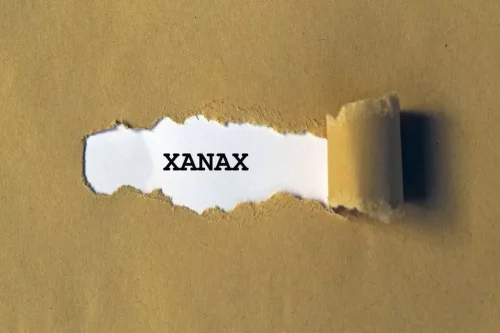
Alcohol limits ADH production, which brings us to our next body part. As soon as alcohol passes your lips, some of it gets into your bloodstream through the tiny blood vessels in your mouth and on your tongue. Ethanol — also referred to as alcohol, ethyl alcohol, or grain alcohol — is the primary ingredient in alcoholic bevvies. Alcohol starts entering your bloodstream through small blood vessels in your mouth and tongue before traveling through your digestive system. A BAC of 0.08 is the legal limit of intoxication in the United States. A person can be arrested if they are found driving with a BAC above this limit.
Alcohol Tolerance
- The stages of being drunk range from sobriety to potential death, with each stage characterized by specific emotional and physical symptoms.
- When that first drop of delicious alcohol hits your tongue, your mind and body are taken to another place.
- This alcohol evaporates from your blood through your lungs and moves into your breath.
These include your age, gender, overall health, body weight, how much you drink, how long you have been drinking and how often you normally drink. The impaired judgment you have when drinking alcohol may cause you to think that you can still drive, regardless of your BAC. Drivers with a BAC of 0.08 or more are 11 times more likely to be killed in a single-vehicle crash than non-drinking drivers. Some states have higher penalties for people who drive with high BAC (0.15 to 0.20 or above) due to the increased risk of fatal accidents.
Alcohol and Cialis: Risks, Side Effects & Treatment

No matter your size, your liver will only digest one standard drink per hour. It is impossible to judge how drunk a person will be or feel based on alcohol consumption alone. For example, if a what does being drunk feel like person has one 3-unit (30ml) alcoholic beverage, they should wait at least 3 hours before driving. If they have a second drink, their wait time doubles to 6 hours.
Emotional Swings and Instability

The rate at which alcohol is consumed can significantly impact intoxication levels. When alcohol is consumed rapidly, the body may not have enough time to metabolize it effectively, leading to a higher BAC and a more pronounced level of intoxication. Excessive drinking can lead to severe health issues, both in the short term and long term. Immediate risks include alcohol poisoning, accidents, and injuries.

Preventing and Managing Alcohol-Related Risks
The liver detoxifies alcohol from the body but can only do so in small quantities. If a person’s consumption exceeds their rate of alcohol metabolism, intoxication results. After being absorbed in the gastrointestinal tract, alcohol enters the bloodstream, where it travels to all the organs.
- Heavy drinking tends to cause more serious intoxication and may eventually cause serious health issues, such as blackouts or kidney failure.
- You may engage in reckless behavior or put yourself and others at risk without realizing it.
- You’ll meet millions of fellow Reframers in our 24/7 Forum chat and daily Zoom check-in meetings.
- If you have food in your stomach, the alcohol will stick around longer.